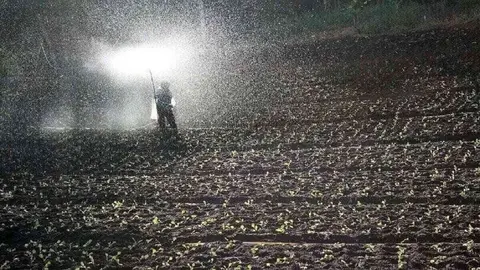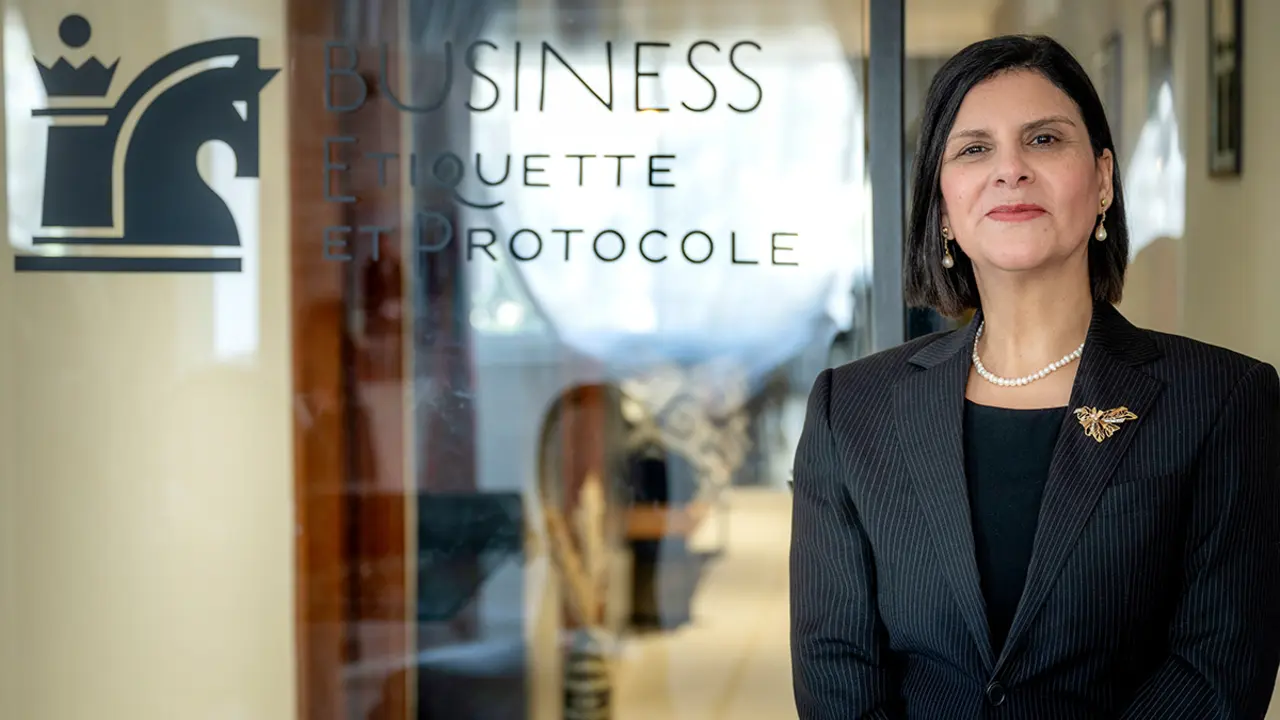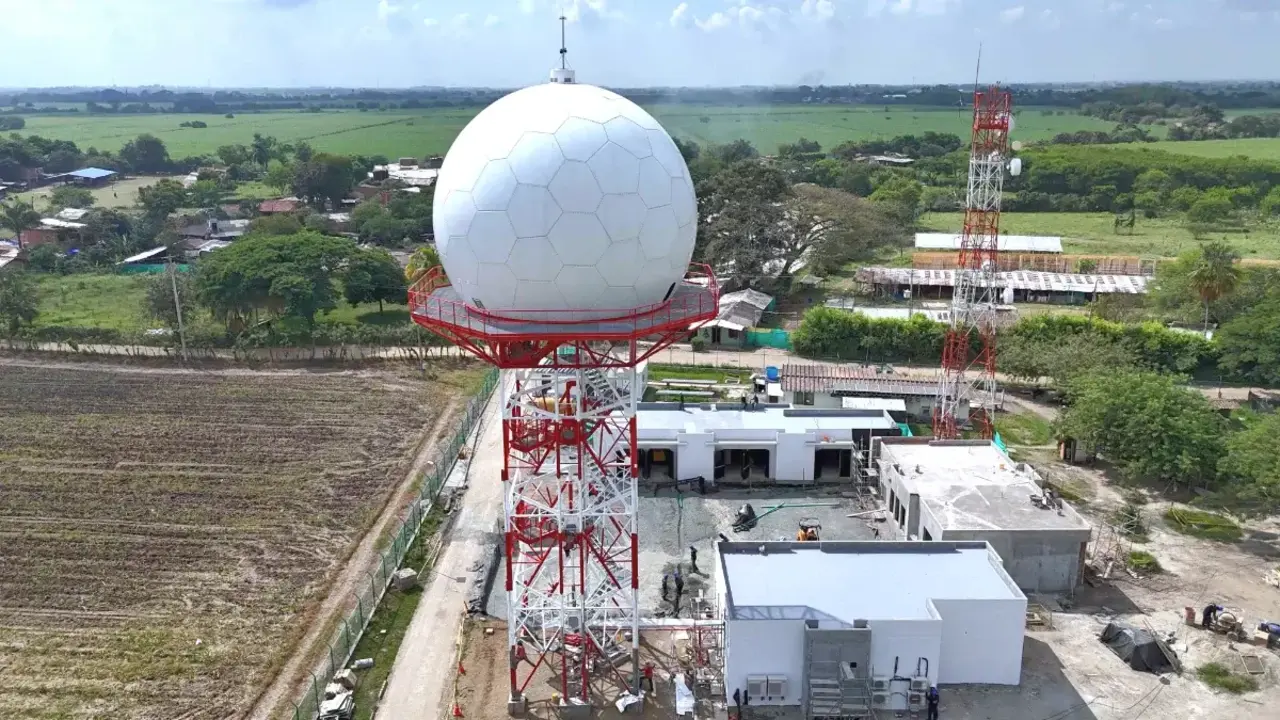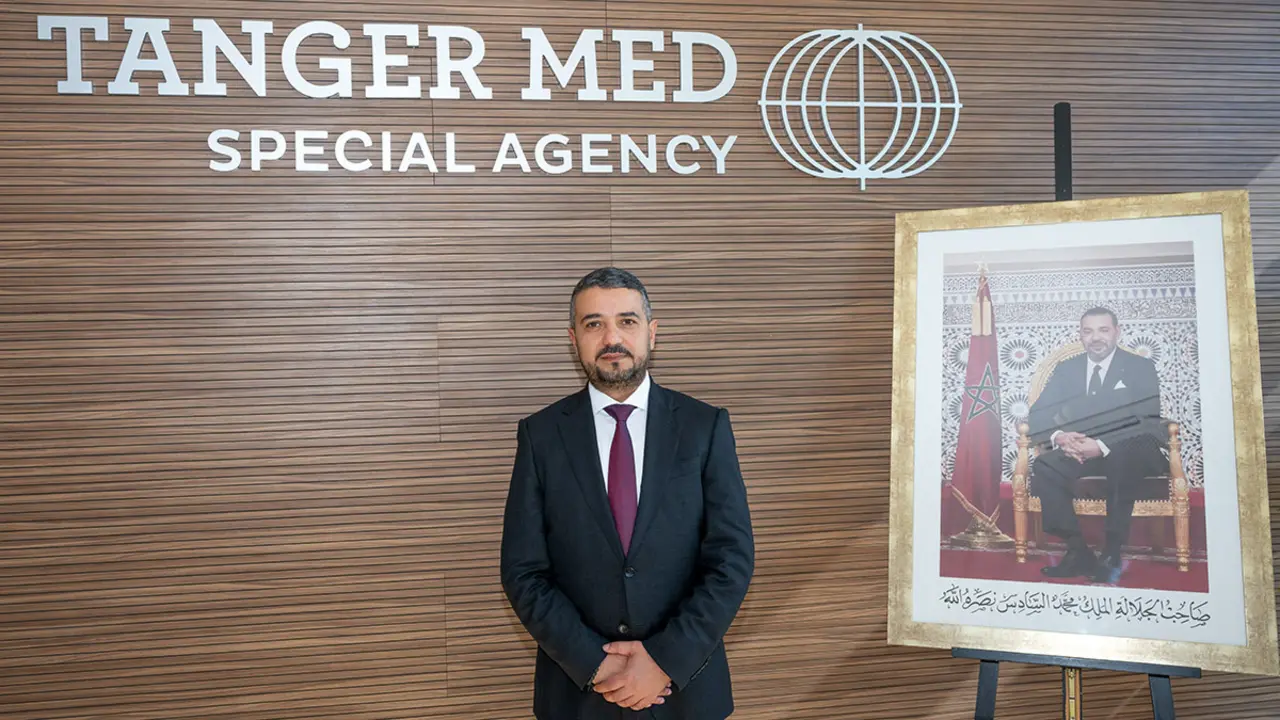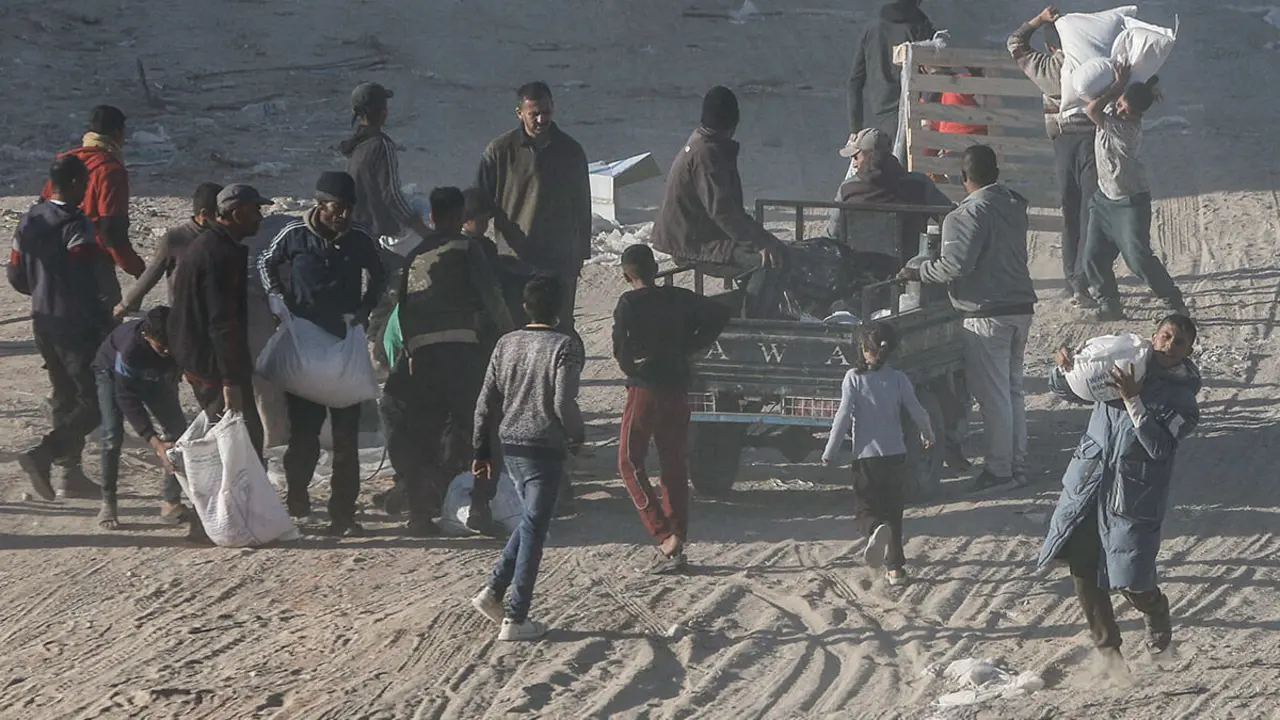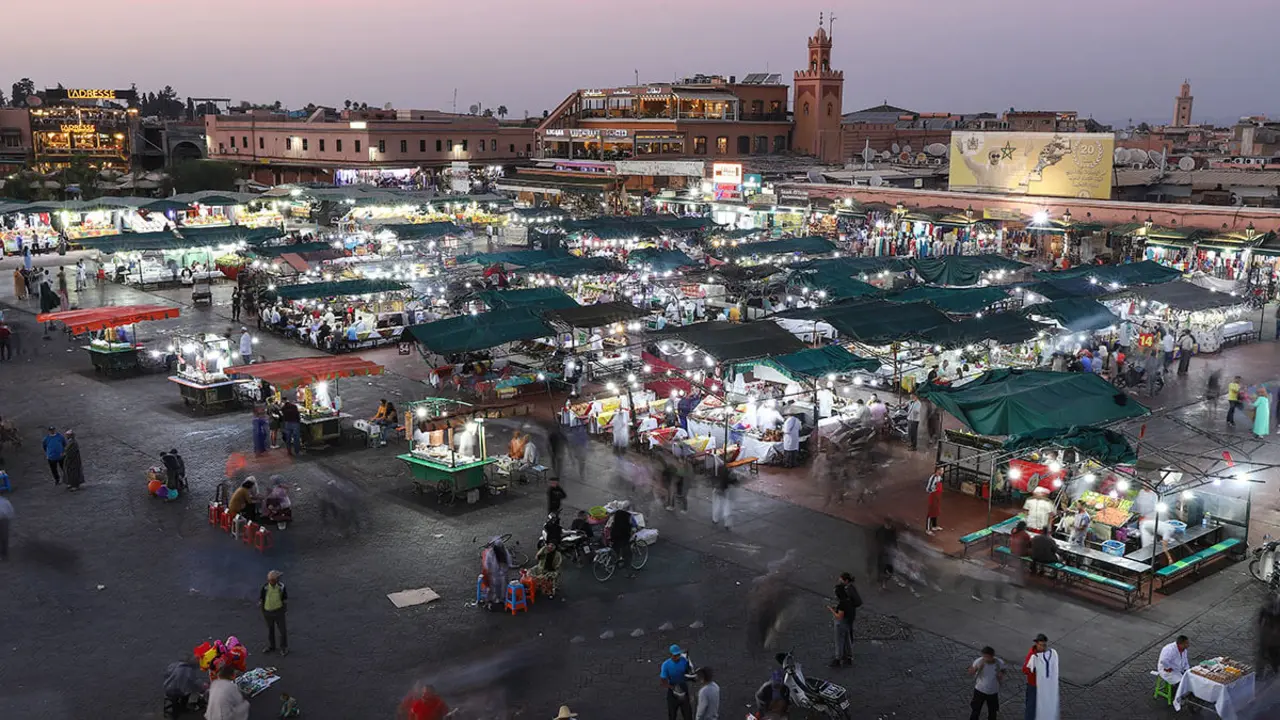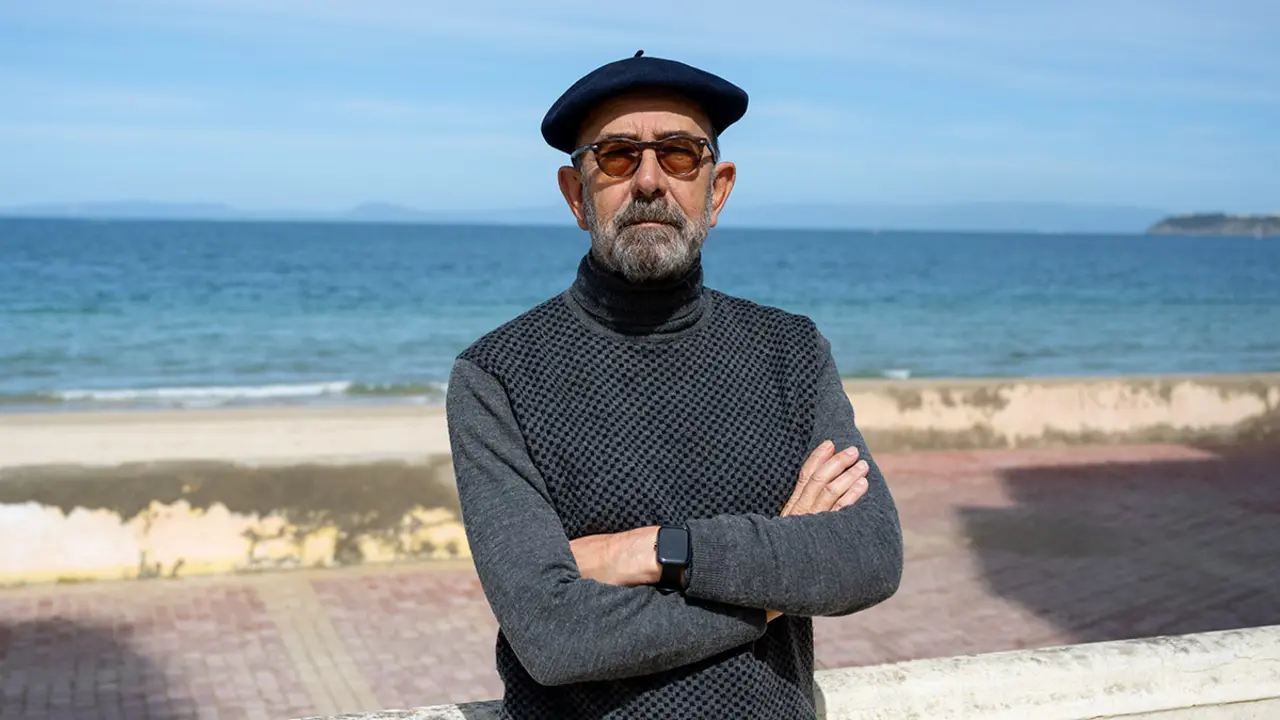Algeria develops measures to attract investment and boost agricultural production
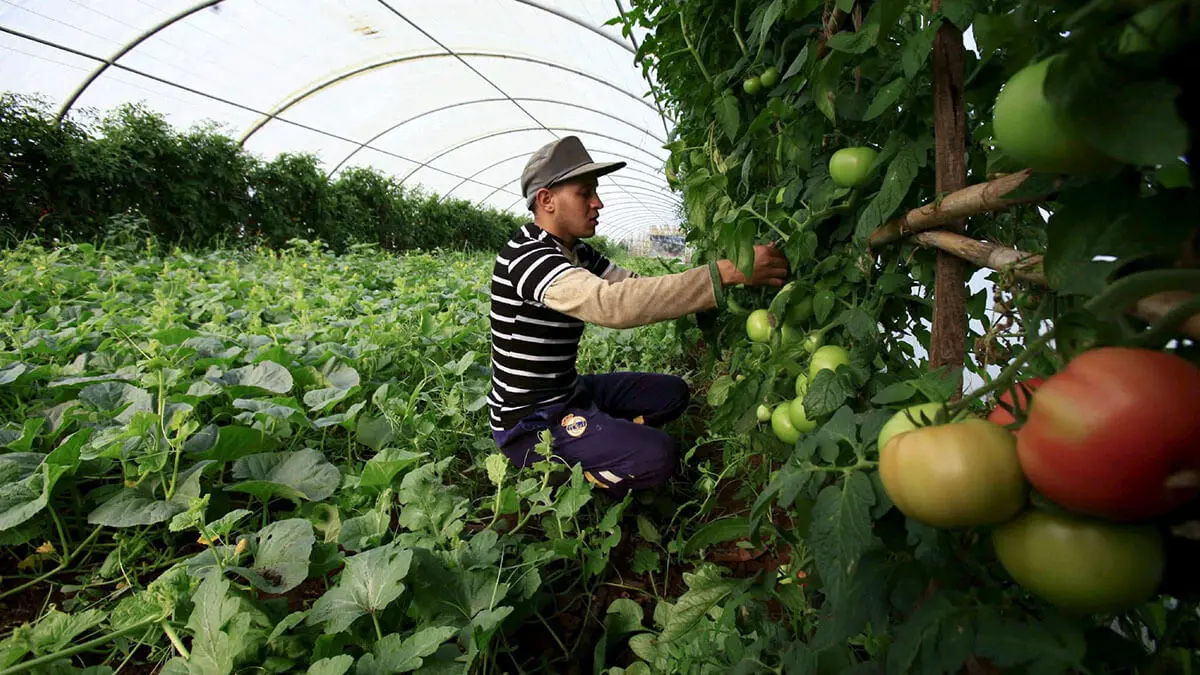
Mohamed Ameziane Lanasri, director general of the National Office of Agricultural Land, announced earlier this week that Algeria aims to attract local and foreign investment to boost the production of key crops such as wheat, corn and sugar beet. ‘The government has allocated 120,000 hectares of land to investors in various governorates until 2025,’ Lanasri said in an interview with Bloomberg.
In addition, the authorities are focused on recovering more than half a million hectares, according to Lanasri, who explained that his office is identifying the most suitable areas for recovery, which will be offered to investors through its digital platform.
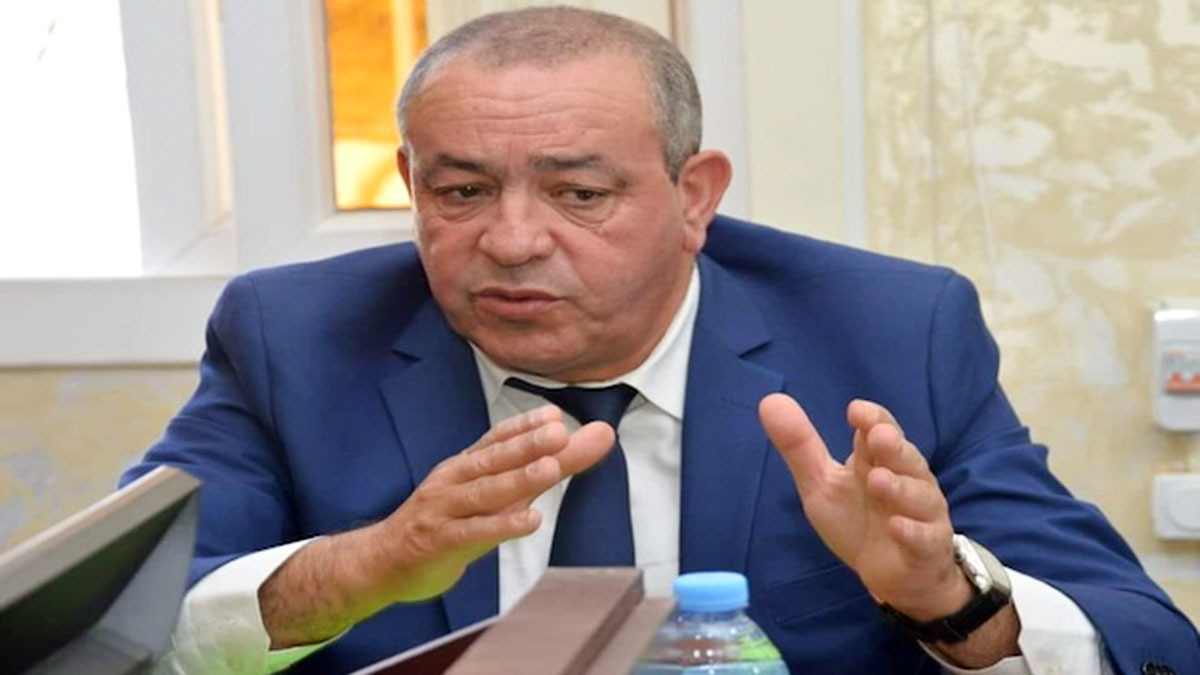
He also indicated that agreements have been reached with farmers on around 96% of the disputed land, which has allowed concession rights to be granted to more than 200,000 investors on a total of 2.3 million hectares. He also emphasised that work is underway to reach agreements on the remaining area.
It is estimated that Algeria has more than a million agricultural and livestock investments, but this does not seem to be enough to achieve food self-sufficiency, as evidenced by the fact that the government is working to reduce the import bill.
However, drought, which has impacted crop productivity, has forced Algeria to increase imports to cover approximately 30% of its annual food needs, mainly wheat, to the tune of 10 billion dollars.
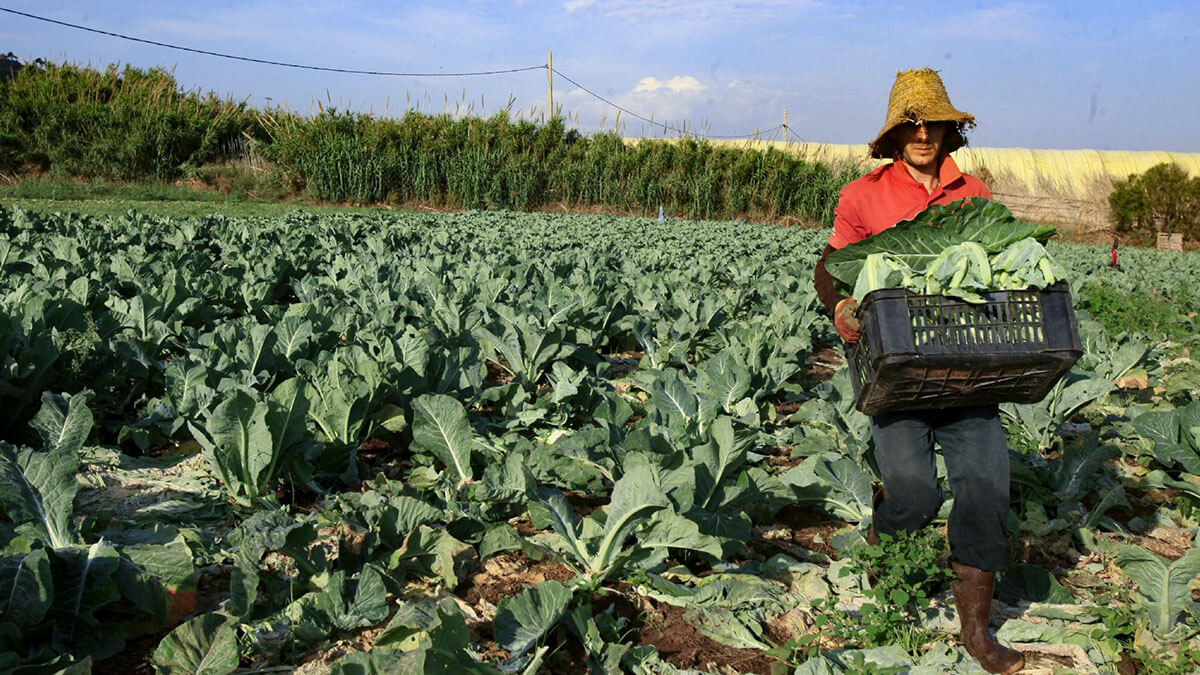
The Algerian authorities believe that the challenges posed by climate change may be a strong incentive to accelerate agricultural development, a key sector that ensures the population is fed and generates employment opportunities, although it still faces numerous obstacles that make it difficult to achieve its goals.
The Food and Agriculture Organisation of the United Nations (FAO) ranks Algeria, a member of OPEC, fourth in the world and second in Africa among the largest importers of wheat, with an annual rate that varies between 7 and 11 million tonnes.
The local market consumes between 9 and 12 million tonnes of soft and durum wheat a year, most of which comes from imports, especially from the French and Canadian markets.
Despite its dependence on the fossil fuel trade, Algeria is aiming for 5% growth in non-oil activities this year, as part of its efforts to diversify its economy and reduce its dependence on oil, in response to fluctuations in energy prices caused by geopolitical instability.
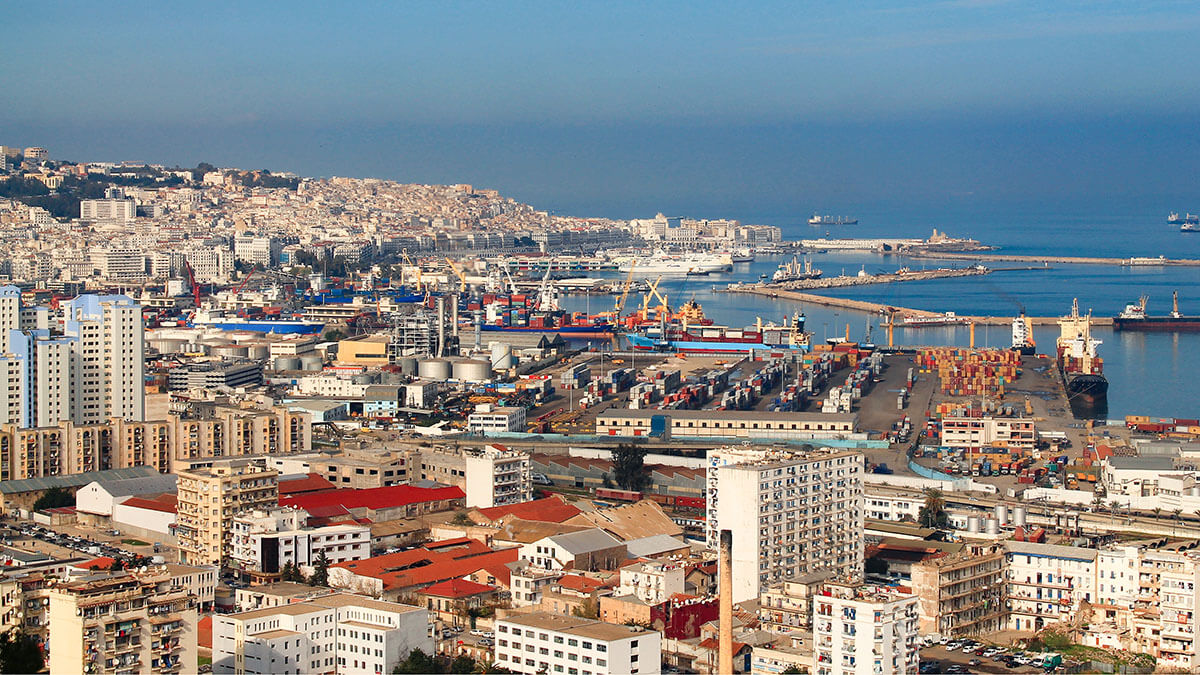
In response to a question from Bloomberg about the projects that the ministry plans to launch in 2025, the Minister of Agriculture, Youssef Sharfa, said that they were working ‘on the study of new contracts for agricultural projects aimed at local and foreign investors’.
In this regard, he emphasised that his ministry has drawn up plans for the next three years in collaboration with other government agencies, such as the irrigation and domestic and foreign trade sectors, with the aim of increasing agriculture's contribution to the gross domestic product, which reached 15% last year.
The authorities are seeking to achieve self-sufficiency in durum wheat, a staple product of mass consumption in the country, which stands out as one of the main Arab suppliers of grains, especially considering its population of almost 47 million people.
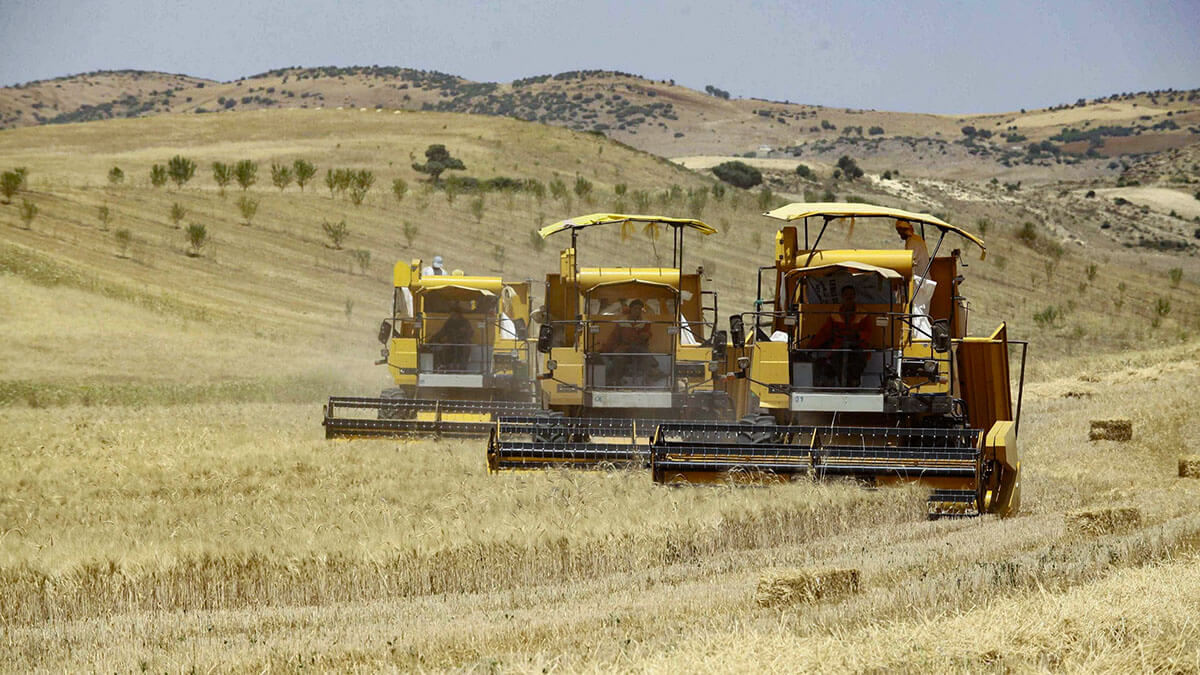
Algeria saw an increase in the gross domestic product of the agricultural sector during the 2023-2024 season, as a result of an ambitious strategy through which the authorities seek to strengthen this sector, despite the challenges imposed by the drought.
‘Agricultural production reaches 37 billion dollars and we aspire to achieve self-sufficiency in wheat,’ Algerian President Abdelmadjid Tebboune told lawmakers last December.
The Algerian government is implementing a strategic plan to improve food security and, last April, signed an agreement with Qatar to develop a major milk powder production project, with an investment of over 3.5 billion dollars.
Furthermore, within the framework of this same plan, in July Algeria finalised an agreement with Italy to complete a significant project in the field of cereals, pulses and pasta, worth 420 million euros.
The project is expected to boost local production of cereals and pulses, while increasing exports outside the oil and gas industries, particularly through the export of pasta.
In addition, as part of a series of reforms, the government has launched a digital platform for investors, which also includes the allocation of 40,000 hectares for investment projects, with growing interest from European companies.
European Union countries represent 24% of the total foreign investment in Algeria, estimated at around 23 billion euros. In addition, they have committed to investing 2.5 billion dollars, as revealed by Diego Meado Pascua, ambassador of the EU mission, in an interview with Bloomberg Asharq.
This year, Algeria's budget will be the largest in its history, reaching 113 billion dollars, with an estimated deficit of 45 billion dollars. This budget is characterised by an increase in investment expenditure, a reduction in taxes for emerging companies, an increase in salaries and continued support for various sectors.
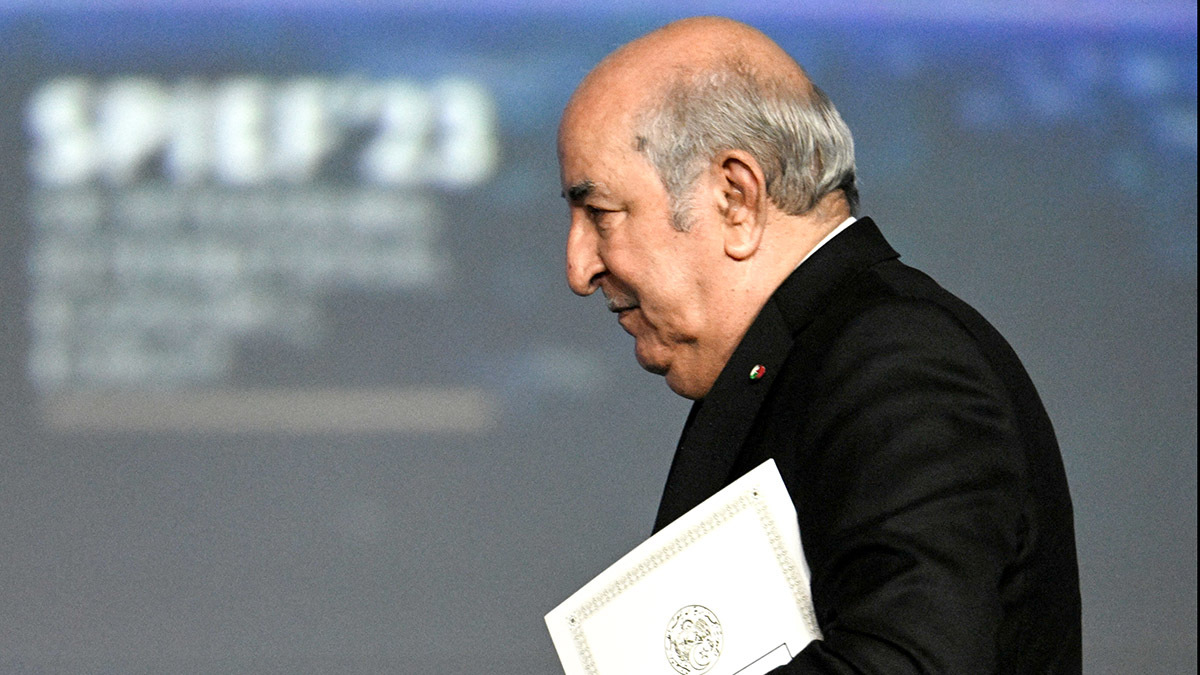
Algeria is one of the countries that allocates a significant budget to price support. In the new year, its spending in this area will reach 42 billion dollars, which represents more than a third of the total budget. This expenditure includes cash assistance for individuals and public enterprises, as well as support for education, health and housing programmes, according to official data.
The government is continuing with a policy of supporting and reducing energy and food prices to preserve purchasing power. Inflation is expected to fall to 5.2% this year, down from 5.3% the previous year, according to the latest International Monetary Fund regional economic outlook report.
Algeria is aiming for growth of 4.5% this year and for the next two years, raising its GDP to around 266 billion dollars, as part of efforts to encourage investment, boost the agricultural and industrial sectors, and reduce imports.
Although GDP growth is expected to slow to 3.7% in 2027, the government is confident that a recovery in oil and gas exports in 2025 and 2026 will enable it to meet its targets.

